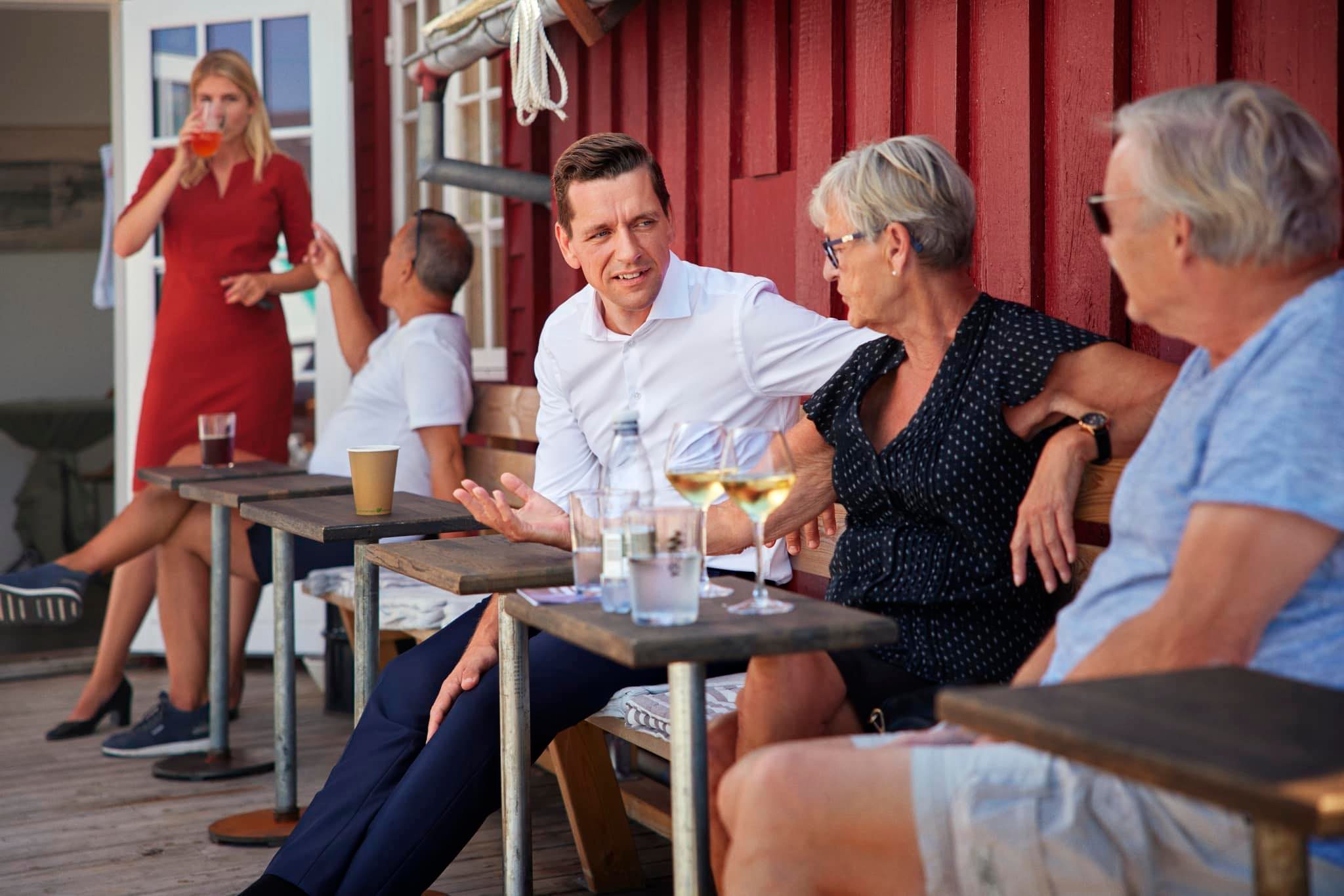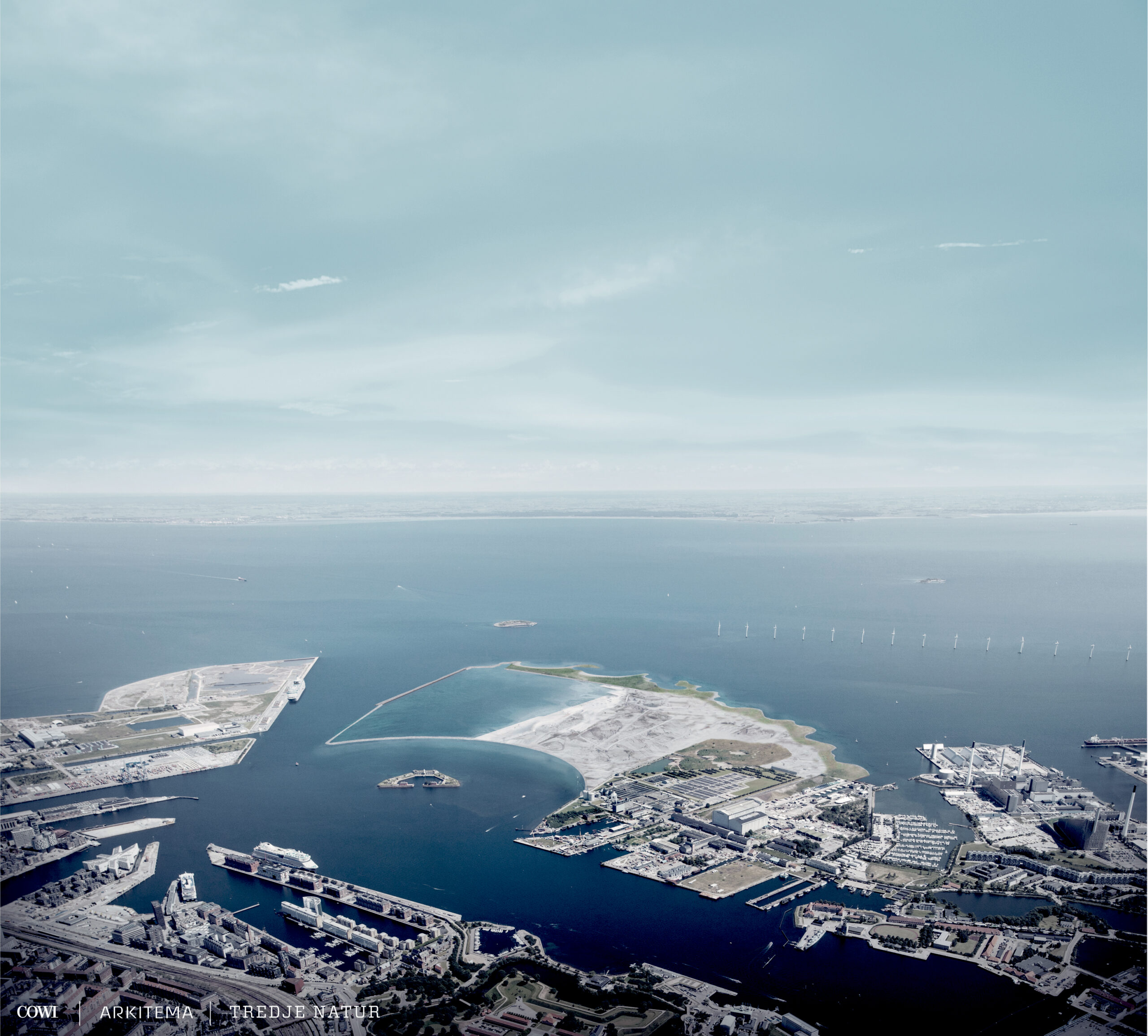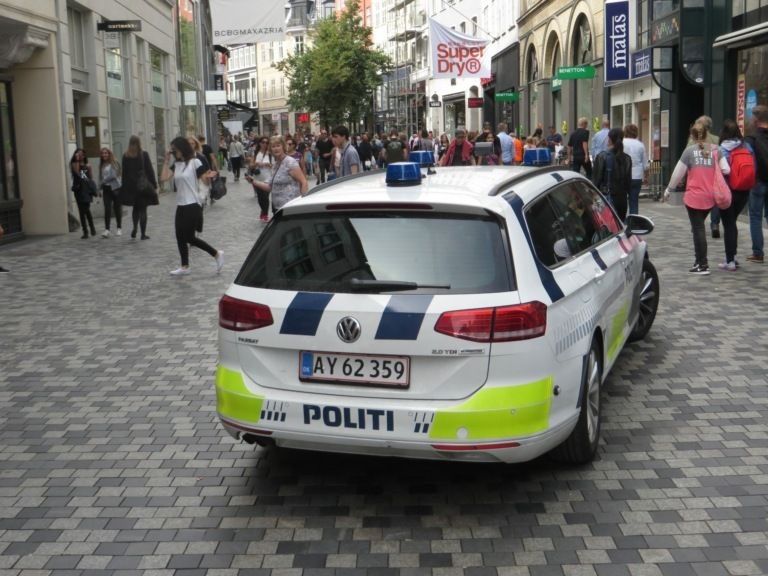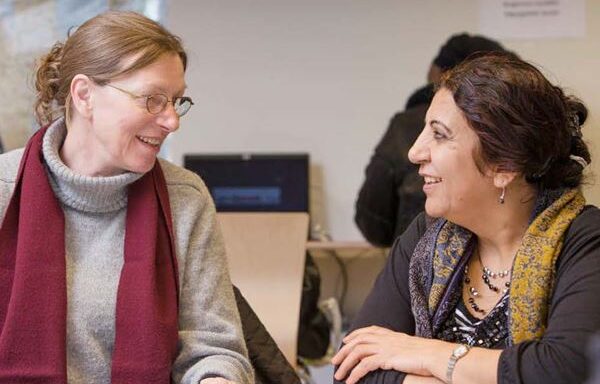The heightened border ID control between Denmark and Sweden has had a negative impact on commuters travelling across the Øresund Bridge.
The longer travel times, unclear arrival times, poorer travel quality and fatigue are just some of the effects experienced by the commuters, according to a new survey compiled by the Øresund Institute in co-operation with the KTH Royal Institute of Technology.
The survey revealed that 64 percent of those commuting by train across Øresund have experienced increased stress levels since the border ID control was established earlier this year.
Some 70 percent of the commuters are particularly impacted by not being sure when they will arrive at their destination, 59 percent have started travelling at different times, while 23 percent are taking the car more often.
READ MORE: Swedish border controls could hurt Danish economy
More taking the car
Many of the commuters are critical of how the border control is handled, while 81 percent are disappointed with the political decisions regarding the subject.
Over 15,000 people commute across Øresund on a daily basis, of which around 9,000 commute by train – primarily from Scania to Zealand.
The train trip from Malmö Central to Copenhagen Central takes about 35 minutes, but 75 minutes the other way, due to the increased border controls.
The number of train departures across Øresund has decreased by 12 percent since the ID controls were established, while car traffic across the bridge has increased.















